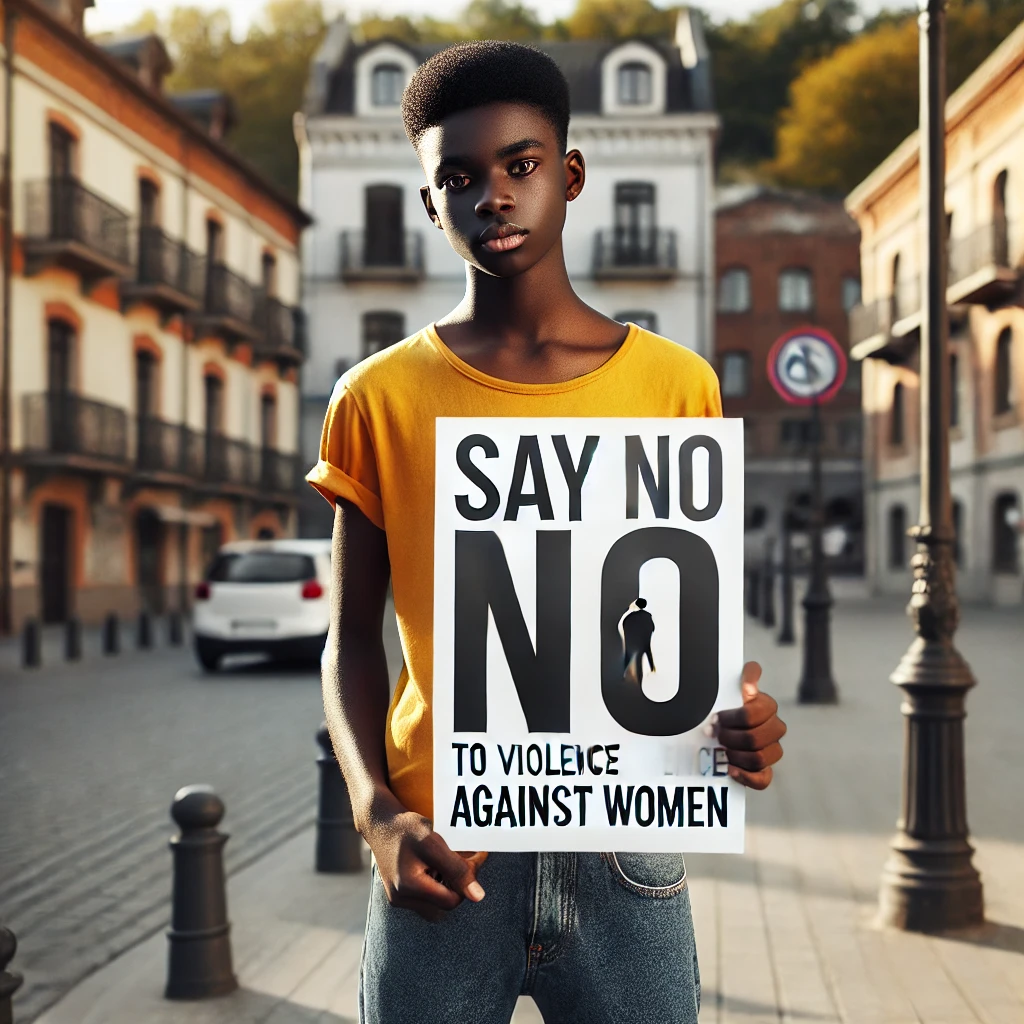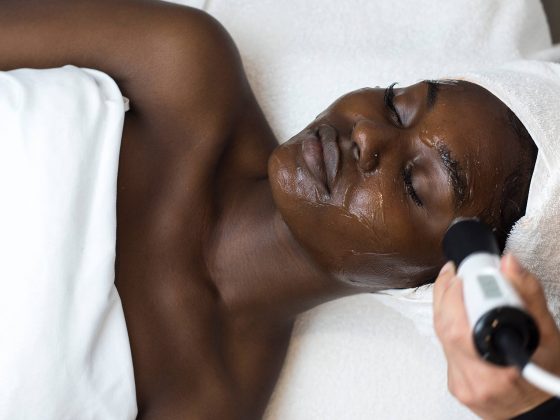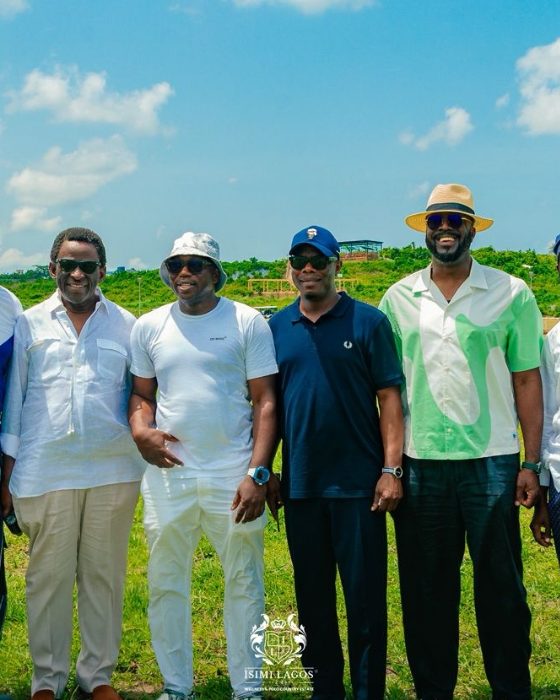The conversation around gender violence has often revolved around protecting women and empowering them to report abuse. While this is crucial, one glaring gap in the narrative persists: educating boys.
In Nigeria, where deeply rooted cultural and societal norms contribute significantly to the prevalence of gender violence, shifting the focus to how boys are raised and educated may be the transformative solution we need. According to a 2023 report by the National Bureau of Statistics (NBS), 30% of Nigerian women aged 15–49 have experienced physical violence at some point in their lives. This alarming statistic underscores the urgency of addressing gender violence. However, tackling the issue solely from the victim’s perspective often ignores the larger systemic issue: the education—or lack thereof—that boys receive about respect, consent, and gender equality.
The Root of the Problem
From a young age, many Nigerian boys are socialised to view themselves as superior to girls. This is reinforced by traditional gender roles, which often place men in positions of authority while relegating women to submissive roles. Phrases like “boys will be boys” normalise aggressive behaviour in boys and dismiss accountability, while statements such as “she’s just a girl” devalue the contributions of girls.
Cultural practices and attitudes also exacerbate this problem. In some regions, young boys are taught that asserting dominance—whether through words or actions—is a marker of masculinity. Without intervention, these boys grow into men who may view violence against women as acceptable or at least excusable.
Furthermore, the lack of comprehensive sexual and emotional education leaves boys ill-equipped to navigate relationships or understand the concept of consent. This vacuum of knowledge creates a breeding ground for gender violence, perpetuating a cycle that often begins in adolescence and continues into adulthood.
Educating Boys: A Transformative Approach
Educating boys does not simply mean ensuring they attend school, although this is undoubtedly a critical starting point. It means deliberately teaching them values and behaviours that promote respect, empathy, and equality.
1. Teaching Respect and Empathy
Boys must be taught to respect women as equals. This starts at home, where parents and guardians are responsible for modelling respectful relationships. Fathers, in particular, play a pivotal role. When boys see their fathers treating women with kindness and respect, they are more likely to replicate this behaviour.
In schools, lessons on empathy can be incorporated into the curriculum. Role-playing exercises, discussions on consent, and exposure to stories that highlight the experiences of women can help boys understand the consequences of their actions.
2. Comprehensive Sex Education
In many Nigerian schools, sex education is either absent or limited to abstinence-only messaging, leaving boys uninformed about critical topics such as consent, healthy relationships, and the emotional dynamics of intimacy. Comprehensive sex education should teach boys that “no” means no, regardless of the situation.
3. Challenging Gender Norms
From childhood, boys should be encouraged to question traditional gender roles. Why is it a woman’s job to cook? Why should a man’s worth be measured by his ability to dominate others? Creating safe spaces for boys to ask these questions and engage in critical thinking can dismantle harmful stereotypes.
4. Accountability and Consequences
Educating boys also means teaching them about accountability. Boys need to understand that actions have consequences and that violence—whether physical, emotional, or verbal—is unacceptable. This includes creating systems in schools where gender-based bullying or harassment is swiftly addressed.
For instance, some Nigerian schools have introduced “safe zones” where students can report cases of bullying or harassment. Ensuring that boys who engage in harmful behaviour face appropriate consequences reinforces the idea that violence is not tolerated.
The Role of Media and Pop Culture
In Nigeria, where music, movies, and social media hold immense influence, these platforms can be powerful tools for educating boys. Unfortunately, many of these mediums currently perpetuate toxic masculinity. Songs glorifying dominance over women or movies portraying submissive female characters send the wrong message.
However, the tide is turning. Artists like Falz and programs like the MTV Shuga series have used their platforms to challenge these stereotypes and promote messages of equality.
Why It Matters
Educating boys is not just about protecting women—it’s about building a healthier, more equitable society for everyone. When boys grow up understanding the value of empathy, respect, and equality, they are better equipped to form meaningful relationships and contribute positively to their communities.
Statistics back this up. A study by UNICEF found that boys who receive education on gender equality are 70% less likely to engage in violent behaviour as adults. This ripple effect benefits not just women, but society at large. In Nigeria, where gender violence costs the economy billions of naira annually in healthcare, lost productivity, and legal proceedings, addressing the issue at its root can have profound economic benefits as well.













